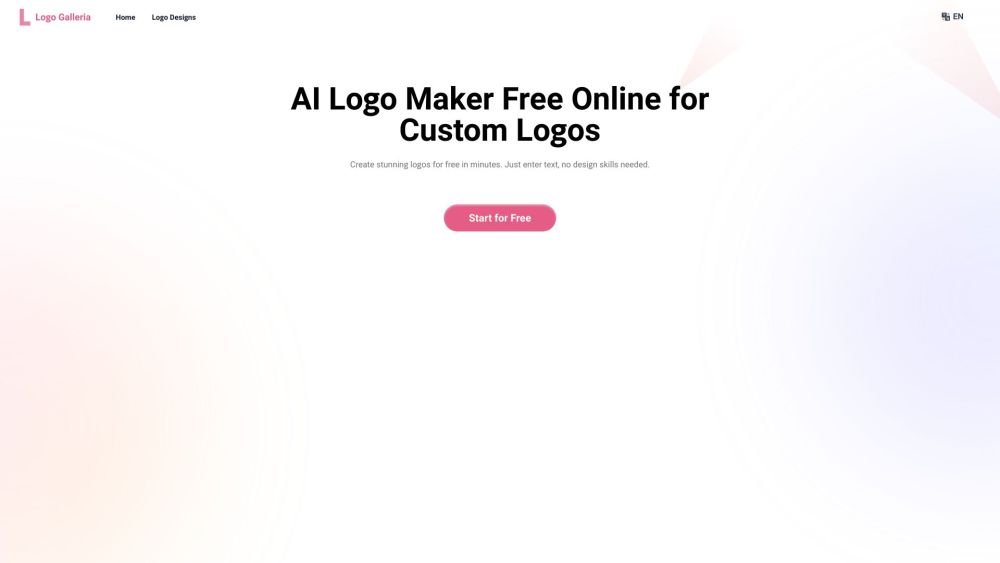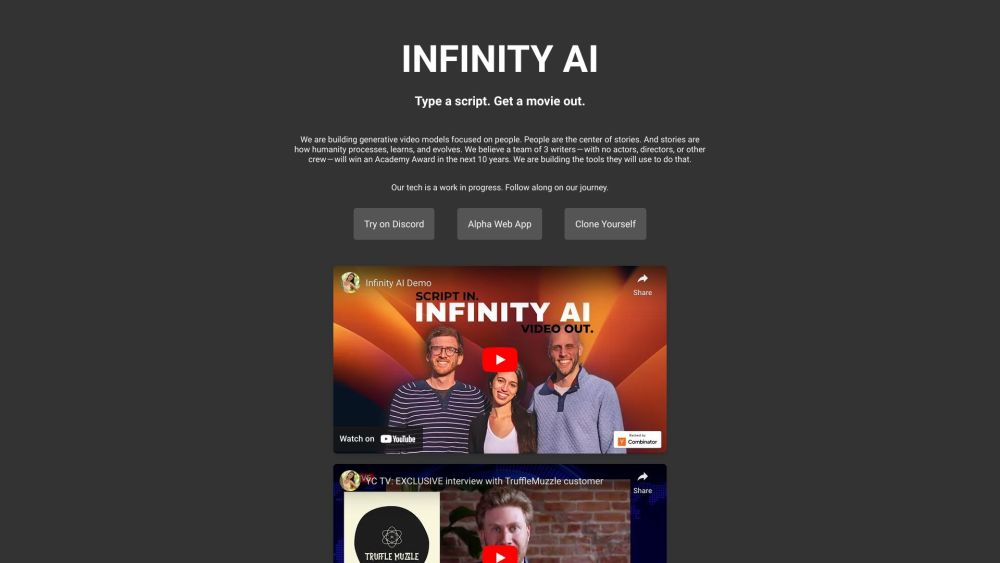CAA Empowers Hollywood Stars to Control Their AI Likenesses
Most people like

Unlock the potential of your brand with our AI logo maker, designed to help you create striking and professional logos that stand out. With advanced technology and user-friendly tools, you can easily design a unique logo that perfectly captures the essence of your business. Whether you're launching a startup or refreshing your existing brand, our AI-driven platform ensures a seamless logo creation experience tailored just for you.

In today's digital age, verifying the authenticity of online content is more crucial than ever. With the rise of misinformation and deepfakes, utilizing AI technology to check content authenticity has become a reliable and efficient solution. This innovative approach not only helps individuals and businesses uphold their credibility but also fosters trust in online communication. Let's explore how leveraging AI can transform content verification and secure the integrity of information.

Introducing a streamlined platform designed specifically for coding prompts. This user-friendly tool enhances your coding experience by offering an organized space to explore, create, and share prompts, making it easier than ever to find inspiration and improve your programming skills. Join our community and unlock your coding potential today!

Explore the fascinating world of generative video models that center on human subjects. These innovative algorithms are designed to create lifelike representations and dynamic movements, enabling various applications from entertainment to training simulations. As technology advances, the ability to generate high-quality video content featuring people opens up exciting possibilities in visual storytelling and interactive experiences. Discover how these models revolutionize the way we create and engage with digital media.
Find AI tools in YBX
Related Articles
Refresh Articles
